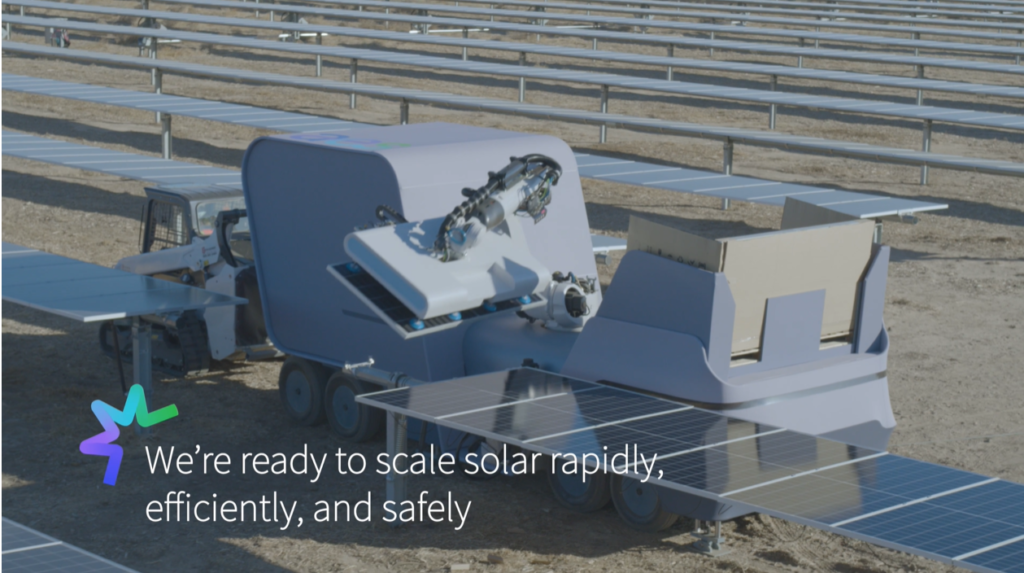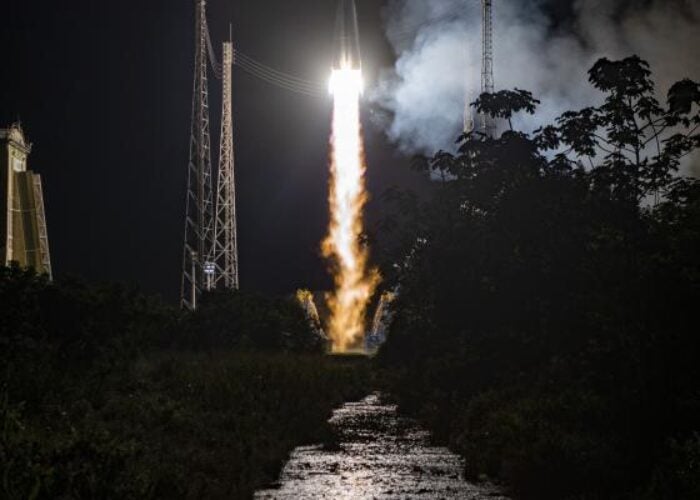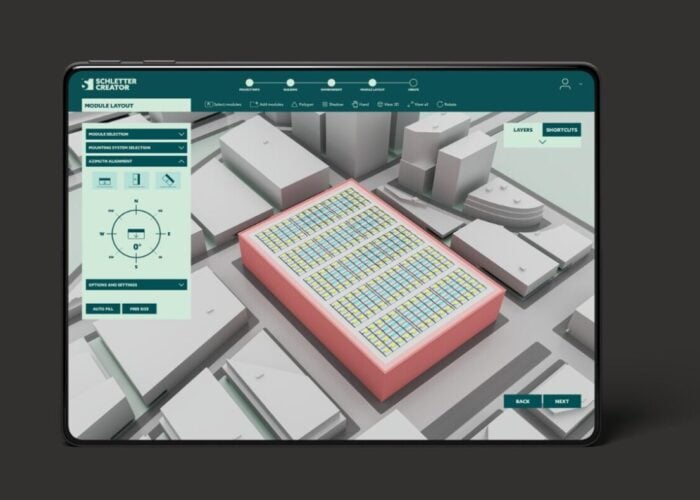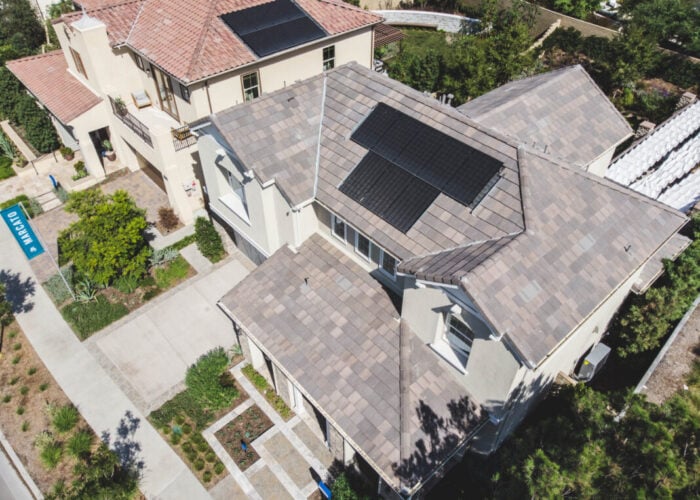
Energy technology company AES has launched an artificially intelligent (AI) robot to support the construction of new solar projects.
The company said the “first-of-its-kind” machine will make it faster, more efficient and safer to construct new solar facilities.
Unlock unlimited access for 12 whole months of distinctive global analysis
Photovoltaics International is now included.
- Regular insight and analysis of the industry’s biggest developments
- In-depth interviews with the industry’s leading figures
- Unlimited digital access to the PV Tech Power journal catalogue
- Unlimited digital access to the Photovoltaics International journal catalogue
- Access to more than 1,000 technical papers
- Discounts on Solar Media’s portfolio of events, in-person and virtual
The product of a multi-year innovation process, the robot, dubbed Atlas, was designed by AES and built in cooperation with Calvary Robotics as well as other third parties at Calvary’s New York headquarters.
AES teams will use Atlas as a tool in the construction of new solar projects. Atlas will support AES’ workforce by performing the heavy lifting, placing and attachment of solar modules, while adding new high-tech jobs, AES said.
“The… Atlas robot automates the construction of new solar resources, enabling a safer work environment, shorter project timelines and lower overall energy costs,” said Chris Shelton, AES senior vice president and chief product officer.
AES referenced research from BloombergNEF (BNEF) that showed 455GW of new solar capacity would be required globally each year through to 2030 for markets and organisations to stay on track to achieve their net-zero emissions commitments.
“The new Atlas robot from AES enables the rapid deployment of new solar resources at scale to help meet the demand for greener energy,” said AES.
In the latest edition of PV Tech Power, volume 29, PV Tech reported how AI and robotics would fundamentally change the way in which solar projects are managed, with an increasing role for automated systems.







